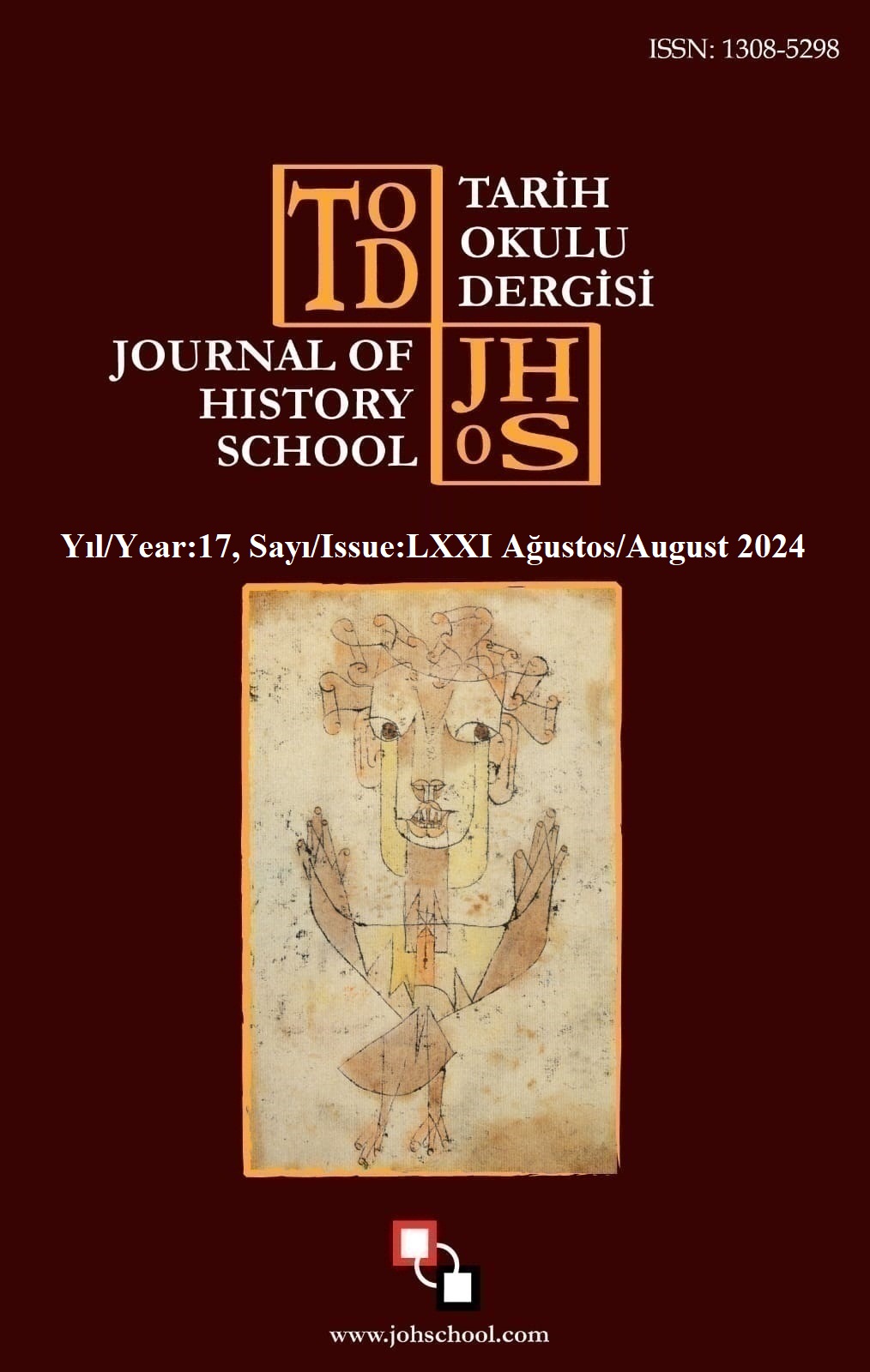Author :
Abstract
Bu çalışma, ilköğretim matematik öğretmenlerinin ortak sınav uygulaması hakkındaki düşüncelerini incelemeyi amaçlamaktadır. Çalışma, nitel araştırma desenlerinden olgu bilim deseni ile gerçekleştirilmiştir. Araştırmanın katılımcıları, 2023-2024 eğitim öğretim yılında Van ilinde görev yapan on iki matematik öğretmeninden oluşmaktadır. Çalışmaya katılan öğretmenler devlet okullarında görev yapmaktadır. Katılımcılar, amaçlı örneklem yöntemlerinden kolay ulaşılabilir örneklemeye göre seçilmiştir. Araştırmanın verileri, altı sorudan oluşan yarı yapılandırılmış görüşme formuyla toplanmış ve elde edilen veriler içerik analizi yöntemiyle çözümlenmiştir. Öğretmenler, ortak sınav uygulamasının bazı olumlu sonuçlarının yanı sıra sınırlılıklarını da belirtmişlerdir. Öğretmenler sınavın olumlu yönlerini; herkese aynı soruların sorulması, eşit ölçme yapması, soruların zorluk düzeylerinin farklı olması, öğrenciler arası eşit rekabet sağlaması, öğrenci başarısını objektif bir şekilde değerlendirme şeklinde ifade etmişlerdir. Buna karşın öğretmenler ortak sınavların sınırlılıklarını ise, yerel ihtiyaçların göz ardı edilmesi, öğrenci motivasyonu üzerinde olumsuz etki, eğitimdeki fırsat eşitsizliklerini derinleştirmesi ve sınav kaygısı olarak belirtmişlerdir. Bu sınırlılıklar, sınavın adil olamayacağını şeklinde yorumlamışlardır. Bu sonuçlardan hareketle, Milli Eğitim Bakanlığı'nın eğitim-öğretim politikaları ve kararları alırken daha fazla öğretmen görüşü alması, bu tür uygulamaların daha katılımcı ve kapsayıcı olmasını sağlayabilir.
Keywords
Abstract
This study aims to examine primary school mathematics teachers' thoughts about common exam practice. The study was carried out with the phenomenology design, one of the qualitative research designs. The participants of the research consist of twelve mathematics teachers working in the province of Van in the 2023-2024 academic year. The teachers participating in the study work in public schools. Participants were selected according to easily accessible sampling, one of the purposeful sampling methods. The data of the research were collected with a semi-structured interview form consisting of six questions and the obtained data were analyzed by content analysis method. Teachers stated some positive results of the common examination practice as well as its limitations. Teachers explain the positive aspects of the exam; They expressed that the same questions are asked to everyone, equal measurement is made, the difficulty levels of the questions are different, equal competition is provided between students, and student success is evaluated objectively. On the other hand, teachers stated the limitations of common exams as ignoring local needs, negative impact on student motivation, deepening inequalities of opportunity in education and test anxiety. They interpreted these limitations as meaning that the exam could not be fair. Based on these results, the Ministry of National Education taking more teacher opinions when making education-training policies and decisions can ensure that such practices are more participatory and inclusive.





